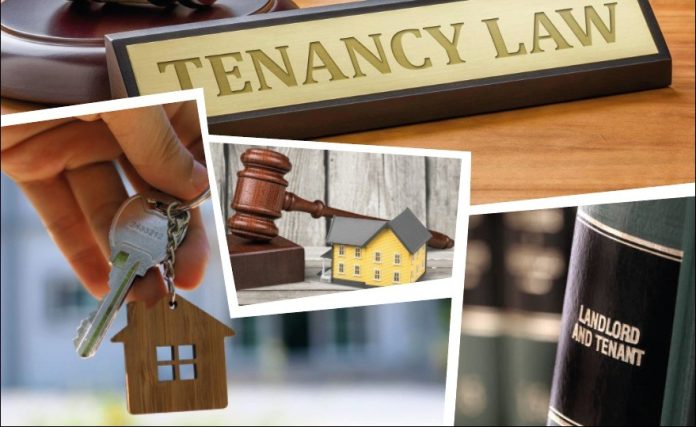The connection between landlords and tenants holds great significance and should be preserved to avoid any misunderstandings and conflicts. The tenancy law is a legal form of relationship between the landlords and tenants. If either of the parties denies or is unable to meet the demands and conditions of the contract, it would lead to dismissal and breaking of the contract. Therefore, it can lead to severe disputes between the parties and the matter is taken to court. According to UAE laws, both parties must obey the requirements of the contract because not being able to comply with the mentioned obligations will be seen as a violation of the agreement.
Dubai Tenancy Laws
The Dubai tenancy Law gives more power to the landlord, they can disregard the tenants in two scenarios. First of all, this can be possible if the lease agreement has expired, and secondly, if the situations listed in clause 25 of the tenancy law take place. Dubai Lawyers are much competent authority understand tenancy laws, drafting tenancy contracts, and court cases. Dubai Lawyers means the lawyers for DUBAI Emirate. These attorneys in Dubai can also helping clients in other Emirates but if they have license to work there.
Lease Agreements
If the lease agreement expires then the landlord may order the expulsion of the tenant if any of the following conditions are met:
Property Re-furbishment and Re-construction
The real property needs to be destroyed and rebuilt as per the request of a government authority to meet urban development plans. A situation arises where the real property must go through refurbishment and maintenance plans, which might not be possible to do with the tenant living in the property. Therefore, evictions of the tenant will become mandatory. However, this needs to be substantiated by relevant technical reports certified by Dubai Municipality.
The landlord desires to rebuild the property or wants to make any additions or adjustments to it, and this is not possible while the tenant is still living in the real property. However, to take the appropriate course of action, the landlord will have to consult the people in authority and those who are knowledgeable enough to give input on this matter.
Eviction of tenants
Moreover, the eviction of the tenant may also be possible if the landlord wishes to live in the real property himself for personal use or if it is needed for use by his close relatives (first-degree). The landlord must not delay the process of informing the tenant about any of the above-mentioned issues (should inform within 90 days), this will ensure smooth relationship terms between the two.
Furthermore, there are certain conditions mentioned below that could create conflicts between the tenant and the landlord, and eventually, there tenant will be requested to move out of the house:
After the payment notice has been issued by the landlord to the tenant, if the tenant does not make timely payment of the rent or part of it specifically within 30 days then the landlord can request eviction of the tenant. Eviction of the tenant can be demanded by the landlord if he or she has engaged in any illegal activities within the premises of the real property or given permission to other people to do the same. If the property has been used for any other reason by the tenant besides the usage mentioned in the lease agreement. If the real property poses a threat of splitting, backed up by a technical report. If the tenant intends to make any alterations to the real property or allows someone else to do so the property is prone to more safety risk. If the tenant does not wish to fulfill their tenancy rules and guidelines while instructed by the landlord; the tenant has 30 days to abide by these regulations but still does not follow them. Similarly, if a government authority requires the real property to be demolished and rebuilt to fulfill any urban development plans.








